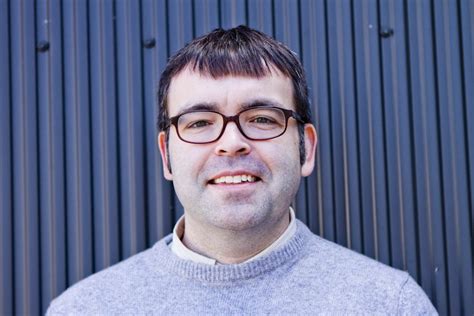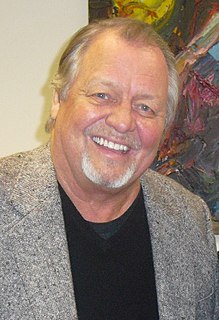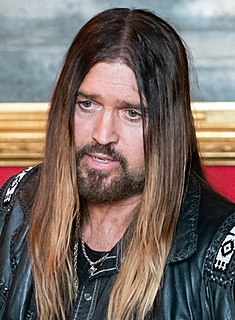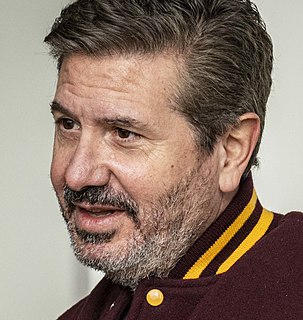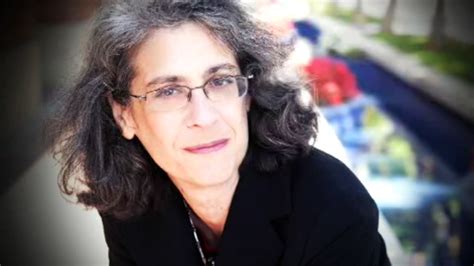A Quote by Paul McCartney
John could write a mean song. He had a lot of venom in him. Whereas I had a happy childhood.
Related Quotes
Being someone who had had a very difficult childhood, a very difficult adolescence - it had to do with not quite poverty, but close. It had to do with being brought up in a family where no one spoke English, no one could read or write English. It had to do with death and disease and lots of other things. I was a little prone to depression.
I had a conversation with John Cena, and I told him, 'If only I could be a giant with abs,' and he said, 'Maybe you could be a giant with abs.' That kind of got me thinking that maybe John was onto something, because when it comes to obviously being successful and marketable, John is one of the smartest people I've been around.
But when I realized it was actually going to be this portrait of the artist, birth to death, I had to then discover who Margaret as a young woman would be. I had to find the different voices for her throughout her life. I had a lot of fun discovering that. I had a lot of fun writing the childhood sections. By imagining her childhood, I was able to come up with this voice that matures as she gets older.
I felt I had a very innocent childhood and I feel privileged by that. But as an adult, I know that there were people who didn't have that. There are a lot of teens who haven't had as easy a childhood as me, and having literature that explores these "darker" parts helps relieve the burden and stress they may be feeling. As a writer, there is often a temptation to draw back when we write for teens - to preserve their innocence. But the reality is, if someone has already had that innocence taken in their life, then not writing about it is just brushing it under the rug.
I could never write about the sort of people John Cheever or John Updike or even Margaret Atwood write about. I don't mean I couldn't write as well as they do, which of course I couldn't; they're great writers, and I'm no writer at all. But I couldn't even write badly about normal, neurotic people. I don't know that world from the inside. That's just not my orientation.
So often, we blame other people when, really, the problem is right down in here. I'm not happy. I don't know what's wrong. If I just had another job, I could be happy. If I just get married, I would be happy. Well if I just wasn't married, I would be happy. Well, if I just had some kids, I'll be happy. I'll be happy when these kids finally grow up and get out of here. If I had a bigger house, I would be happy. Well, I got a big house. Now if I just had a maid to clean, I'd be happy. Well, now if I just had a maid I could get along with better, I'd be happy.
I was one of those guys, you know, playing and singing, and there was no reason for me to write a song, because there were so many beautiful songs out. And Bob Dylan was always the ultimate songwriter, and nobody could ever write a song as good as him, and nobody ever has written a song as good as him.
The great philosophers of the past who wrote so beautifully - Rousseau, John Stuart Mill - had to write beautifully because they had to sell their work to journals. They had to sell books to the general public because they could not hold positions in universities. Mill was an atheist, and, therefore, could not hold a position in a university.


